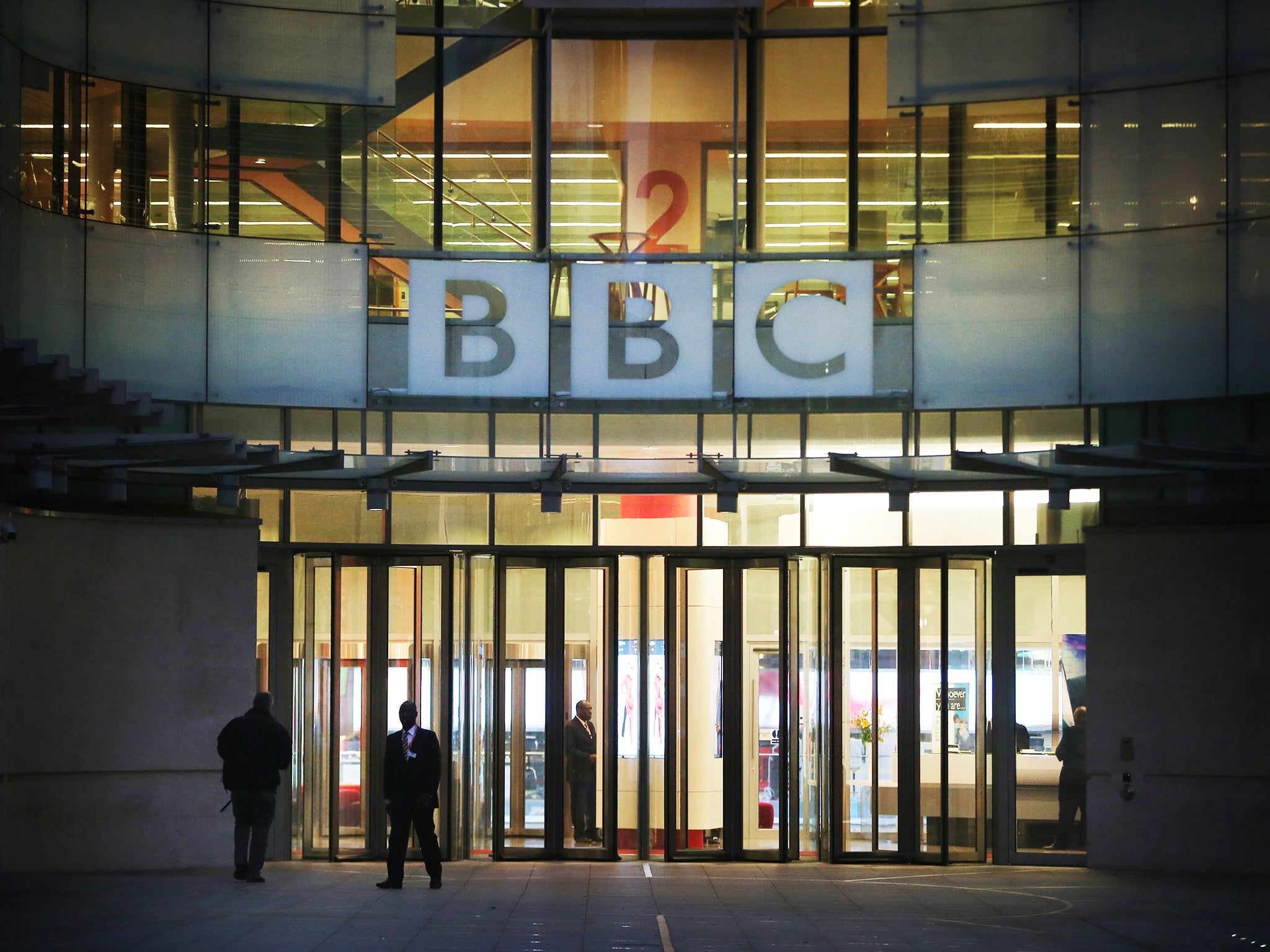The BBC is censoring political content by banning 'Liar Liar' – but not because it is biased towards the Government
Our national broadcaster suffers from weak executives who don’t have the courage to take on the Government


Your support helps us to tell the story
From reproductive rights to climate change to Big Tech, The Independent is on the ground when the story is developing. Whether it's investigating the financials of Elon Musk's pro-Trump PAC or producing our latest documentary, 'The A Word', which shines a light on the American women fighting for reproductive rights, we know how important it is to parse out the facts from the messaging.
At such a critical moment in US history, we need reporters on the ground. Your donation allows us to keep sending journalists to speak to both sides of the story.
The Independent is trusted by Americans across the entire political spectrum. And unlike many other quality news outlets, we choose not to lock Americans out of our reporting and analysis with paywalls. We believe quality journalism should be available to everyone, paid for by those who can afford it.
Your support makes all the difference.What do we call it when a state broadcaster bans a song critical of the government? Censorship? No, not in Iran – right here in Britain. Right now, in fact.
The BBC claims that reggae band Captain SKA’s “Liar Liar”, which was at the top of the iTunes chart last week, breaks impartiality rules during the election. The song is about Theresa May, you see.
The BBC’s stance sounds straightforward but something isn't quite right. Its radio stations will report that “Liar Liar” reached No 1 on iTunes, but refuse to play it. This matters, as playing a song because it tops the charts is a different rationale to playing it because a DJ likes it. The former decision is driven by public choice, the latter is a matter of personal taste. The former shouldn’t really be up for debate.
I asked Ofcom what they thought. They couldn't offer a view since it hadn't been aired yet. I went through their rules covering elections (section 6) and found nothing to justify the ban. The same goes for BBC guidelines. The song doesn’t advocate for one party over another; it is merely critical of the Government. I found nothing to suggest that any music with a political message cannot be played during elections.
In other words, the BBC has banned a political song not because of rules but because it doesn’t want to anger the Government. That is outrageous in itself. But the real problem isn’t just one banned song – it's that the BBC’s rules on “impartiality” have been broken. And moreover, that BBC bosses don't want a fight with the Tory Government. The ban on “Liar Liar” illustrates the problem with the prevailing culture at the top of the BBC.
The job of a journalist should be to get to the truth, not worry about impartiality. It should be to serve the audience, not care for how politicians feel they are being treated.
The problem with BBC news journalism in this instance is twofold: first, that producers feel they are being balanced by giving each side equal time. That is a convenient illusion. A news programme can be biased even if it offers two sides equal time, merely by prioritising one story over another.
On Tuesday morning Corbyn briefly forgot his costings for a key policy in an interview. There’s no doubt it was a gaffe. But the BBC ran it as their top story even at 10pm, on a day when Osborne slammed the PM over her key manifesto pledges. In any other universe a former Chancellor criticising a former close colleague would be big news. Instead the BBC led with a minor gaffe from the morning.
This isn't a one-off either. For years BBC management didn’t even acknowledge the absurdity of having a “balanced” debate on climate change because, apparently, the weight of scientific opinion counted for nothing. Now, after acknowledging mistakes, BBC producers avoid accusations of bias by ignoring the issue entirely. Its coverage of climate change on political programmes is almost non-existent. It’s barely featured anywhere this election.
This isn’t to say all attempts at balance are useless. I know plenty of journalists and producers who try their best to offer all sides of the story. But sometimes “false balance” does no one any favours.
The second problem is that BBC executives lack the courage to cross the Government. Again, this isn’t new, but it’s now a glaring problem.
May has been so shameless in exploiting the media that some journalists have become rightly exasperated. “Why does [Theresa May] go around just saying things that aren’t true?,” Channel 4’s Krishnan Guru-Murthy asked David Davis last night. He had no answer. Other than the one interview by Andrew Neil, there has been no such grilling across the BBC.
Our national broadcaster suffers from weak executives who don’t have the courage to take on the Government. It has plenty of excellent journalists but the corporate culture fails them. And in turn that fails the vast majority of its audience.
In the past a BBC executive may have defended playing Captain Ska’s song by saying they were simply reflecting popular public opinion.
Join our commenting forum
Join thought-provoking conversations, follow other Independent readers and see their replies
Comments